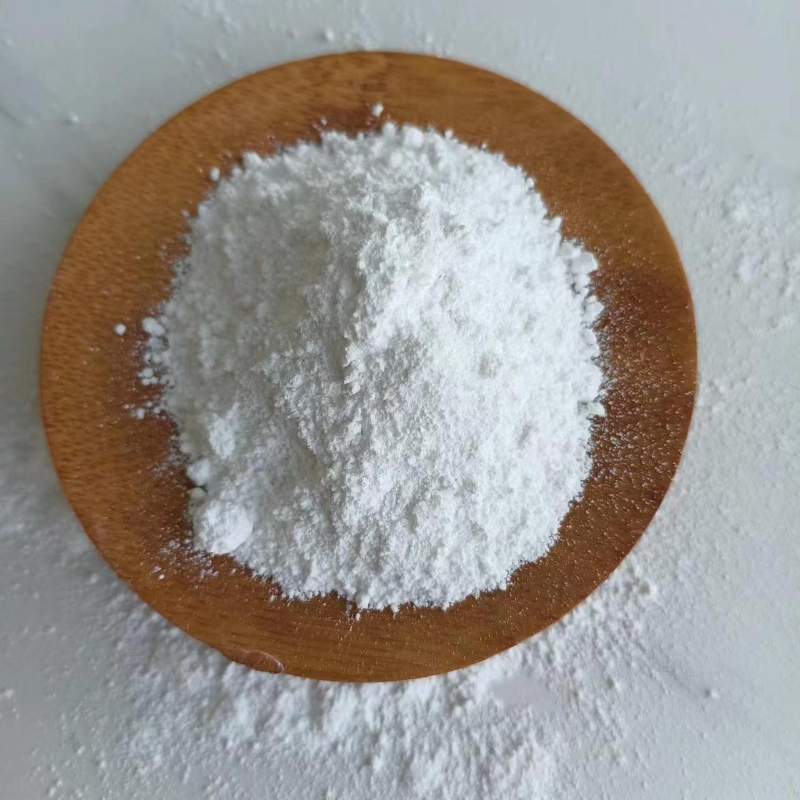-
Categories
-
Pharmaceutical Intermediates
-
Active Pharmaceutical Ingredients
-
Food Additives
- Industrial Coatings
- Agrochemicals
- Dyes and Pigments
- Surfactant
- Flavors and Fragrances
- Chemical Reagents
- Catalyst and Auxiliary
- Natural Products
- Inorganic Chemistry
-
Organic Chemistry
-
Biochemical Engineering
- Analytical Chemistry
- Cosmetic Ingredient
-
Pharmaceutical Intermediates
Promotion
ECHEMI Mall
Wholesale
Weekly Price
Exhibition
News
-
Trade Service
It is not clear what factors affect the risk of chronic kidney disease (CKD) in patients with inflammatory bowel disease (IBD), and a significant number of studies suggest that 5-amino-salbonate (5-ASAs) increases the risk of CKD, but some studies disagree.
study aims to explore the relative risk of CKD in IBD patients, adjust for CKD risk factors, and determine whether the treatment of IBD drugs is associated with changes in renal cystic filtration rate (eGFR).
methodology This study is a retrospective study.
age, gender and behavior of 17,807 IBD patients matched 63,466 non-IBD patients.
the Cox proportional risk model adjusted for common CKD risk factors and calculated the relative risk of CKD in IBD patients in periods 3 to 5D.
also used longitudinal models to assess the relationship between 5-ASAs, thiopental and methotrexate and eGFR changes.
after controlling for risk factors associated with CKD, the researchers found that IBD was associated with CKD in patients aged 16-77.
the adjusted CKD risk decreased from 7.88 (95% CI, 2.56-24.19) at age 16 to 1.13 (95%CI, 1.01-1.25) at age 77 as the patients grew older.
in longitudinal analysis, exposure to 5-ASAs or methotrexate was independent of changes in eGFR, while thiopental was slightly higher associated with eGFR (P=0.001).
a retrospective study of more than 80,000 people, researchers found that IBD was associated with an increased risk of CKD and had the highest risk ratio among younger patients.
commonly used assaltics were not associated with lower eGFR.
.







